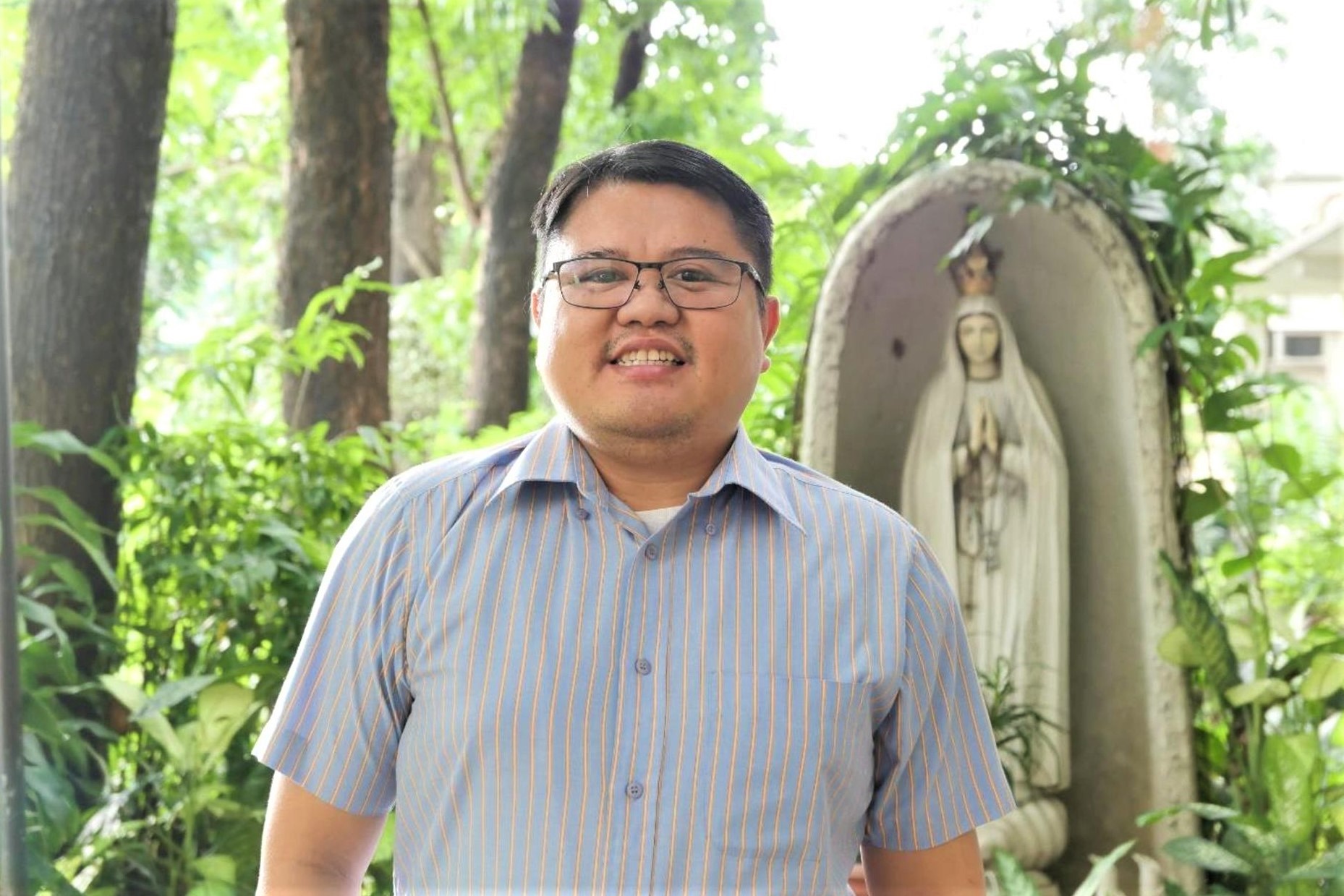Columban Rev Elbert Balbastro was ordained a deacon earlier this year. He writes about his studies at the Loyola School of Theology (LST) in Manila.
The Loyola School of Theology (LST) is a component of Ateneo de Manila University and has been providing quality theological and pastoral education for many years under the direction of the Society of Jesus.
The faculty and the students of the LST are diverse in culture and nationality, encompassing Latin America, Europe, Africa, Oceania and Asia.
LST not only sets out to teach and prepare people for ministry in the Philippines, but their aim is primarily “to form priests, theologians, and pastoral ministers who effectively respond to the ecclesial, spiritual, and social concerns of an increasingly missionary Church in Asia” (LST Vision and Mission, 2015).
The diversity and missionary dimension of the Church is visible in LST. Some professors are priests from different religious communities and dioceses. Others are sisters and lay people belonging to different groups.
We also have male and female Pastors and from other Christian denominations teaching us. Most of these professors studied abroad and have the missionary experience of working with other cultures and religions.
What they have gleaned from the mission fields and their educational backgrounds are integrated and discussed in the classroom. For instance, in the Pre-Theology Programme (PTS) there is a course called Asian Philosophies: Confucianism, Hinduism, and Buddhism.
In this course, three visiting professors discuss each subject matter and these professors are working in Bangladesh, Taiwan and Japan respectively.
This course aims to impart how the knowledge of these religious worldviews and philosophical systems could contribute to the much-needed activity of inter-cultural and interreligious dialogue.
Courses with a missionary dimension are offered and these are taught by competent professors who have the knowledge and experience in this field. These courses include Justice and Migration; the Human Rights of Migrants; Basic Themes in the Social Teaching of the Church; Islam and Interreligious Dialogue; the Church’s Engagement with Politics, Economics and Ecology, and a lot more.
Academic papers are also required in these courses which requires us to do deeper research; and we can pick topics related to the Columban charism of Justice, Peace and Integrity of Creation.
In addition, the diverse perspectives of the students give more meaning to theology and mission.
The students studying in LST are seminarians, priests, sisters and laymen and women from different parts of the world. During our group-work discussions all students need to collaborate with each other regardless of their nationality and congregation to which they belong.
For example, in our Creation Eschatology class our professor asked us to share our own creation story based on our country of origin. This diverse and rich sharing made a deep impact on us and made us appreciate the beauty of each one’s culture. LST is a great venue for fostering dialogue and understanding of other cultures and traditions.
Another notable observation in studying in LST is the increasing engagement of lay people in the various fields of theology and their views on faith from a perspective that is much broader than from seminary life. In the liturgy to start the academic year hymns are sung in different languages and our African brothers and sisters usually offer a lively dance during the offertory.
I think I speak for the other Columban students when I say that LST is a great place to study philosophy and theology as a part of our formation for Columban mission into the future.
Support our Columban seminarians by donating here:
https://columbans.ie/donate/

